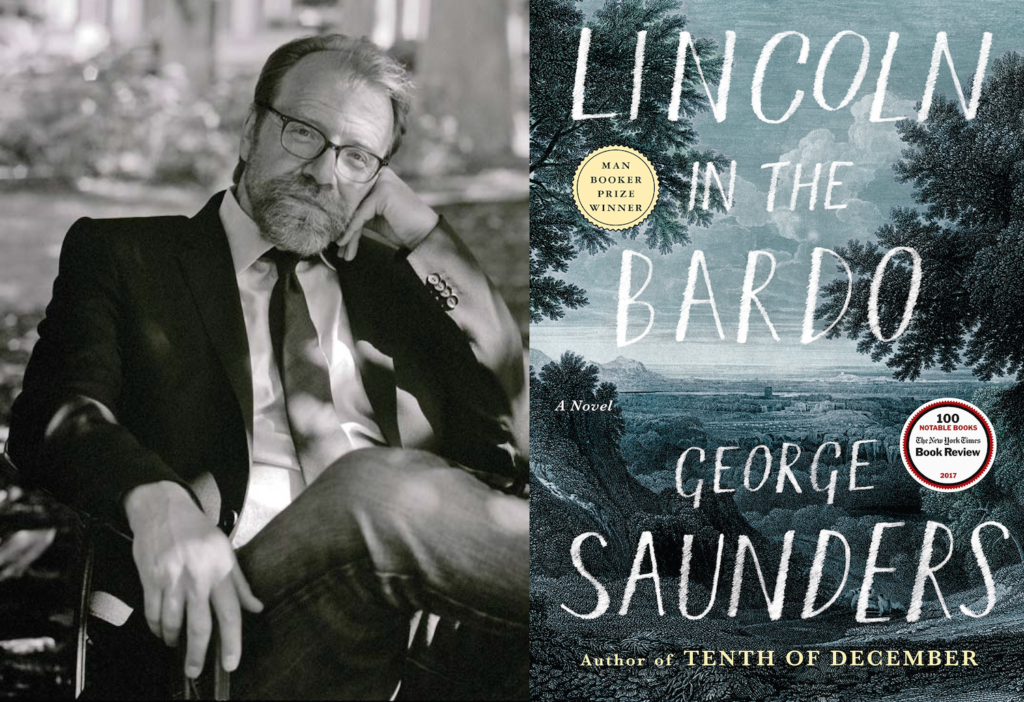I’m an avid reader. I like to post book reviews here. I also add extractions of highlights and favorite quotes in the form of JSON payloads created with a tool I wrote called AmaJSON.
The Goldfinch

 Rating: 4.5 / 5.0
Rating: 4.5 / 5.0
“The absurd does not liberate, it binds.” — Albert Camus
I loved this book. It was probably my favorite book of 2018.
Scarred by tragedy and a world of unreliable adults, Theo finds his way to manhood, sans solid role models, in our vale of sorrows. Along the way he’s buoyed by a love-from-afar for a fellow tragedy-scarred girl; he’s nourished by a charismatic and druggy best friend; and he’s soothed by the sweet oblivion of a meticulously-meted drug habit.
Theo’s painful origins scream for remedy like Abel’s blood in the Garden. But in this novel, as in real life, he has no choice but to bear his burdens and journey onward. Fortunately, for the reader, and Theo, he has two key means for surviving and contextualizing the tragedies that define him.
First, he has a philosophical-historical mind and we are privy to his ruminations, reflections, and coping mechanisms. Second, Theo’s mother, an art scholar, taught Theo to appreciate art and gifted him with the serenity and equanimity that come from Schopenhauer’s aesthetic contemplation. The primary object of Theo’s aesthetic contemplation is the priceless Dutch masterwork The Goldfinch by Karel Fabritius. A curious and delicate painting, it, like Theo, is the lone survivor of a tragedy: the gunpowder magazine explosion at Delft.
We see Theo cherish, fret over, and worship this masterpiece. His responsibility for and adoration of it is total because, like the narrator in Camus’ The Fall, he stole it.
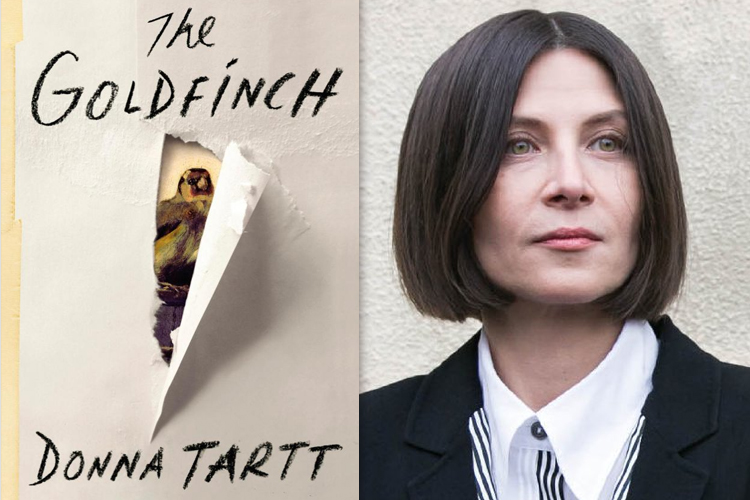
Educated
 Rating: 4.5 / 5.0
Audio Rating: 5.0 / 5.0
Rating: 4.5 / 5.0
Audio Rating: 5.0 / 5.0
Rightfully appearing in a number of ‘best of the year’ books, Tara Westover’s memoir, Educated is one of the best memoirs I’ve ever read. Not only is it an excellent memoir in terms of its plot (which reads a bit like Dickens), it’s also a manual for starting afresh and healing when your past is full of horrors. I’ll focus, first on the plot arc element as that frames the more important “how to survive the trauma of severed ties” discussion that comes second.
Life Off the Grid
Growing up in rural isolation in Idaho on the property of a religiously devout Mormon extremist father, Westover’s father runs his family with an iron fist under the blessing and commandment of the Bible. Medicine and government interference are eschewed so the children rarely had education, sufficient clothing, or documentation. Their illnesses are cured by faith or the faith-healing tinctures and remedies prepared by their mother. While, at first, this “lifestyle” seems quirky and strange, set among the beautifully described mountains and valleys of Idaho, we adults feel a dangerous dread in the child’s narration of her life there. We feel her tap dancing in a mine-field as her exposure to guns, rusty wires, unbroken horses and the unforgiving terrain taunt and tickle the high-wire act of her life.

Bad Blood
 Rating: 4.5 / 5.0
Audio Rating: 5.0 / 5.0
Rating: 4.5 / 5.0
Audio Rating: 5.0 / 5.0
Earlier this week I decided to start the well-recommended “Bad Blood” and, less than 24 hours later, I had finished it. I’ve never listened to an audiobook (admittedly, on 2x-3x speed) in one day, but this story was gripping, staggering, galling, and endlessly fascinating.
The Theranos that emerges is paranoid, vindictive, and capricious. They recall “I, Claudius” under Caligula where at the peak of summary executions and orgiastic excess the ringleader, Caligula, asks “Am I mad?” We, in both the case of Theranos and the Julio-Claudians can only marvel at “How can you not know?”

This all seems pretty normal, right?
Also appropriately called into question by the author is the culture of the lone genius and the American, if not the world, economy’s need to believe that something special is happening in the Santa Clara Valley and that the people there are doing the quotidian business of business better and grander than ever before, that the people there are titans only on the caliber of Steve Jobs et al.
There are no twists and turns as the startup dreams, launches, grows, metastasizes, fleeces, and then keels over — the seeds of destruction are obvious very early, but the collapse is beyond breathtaking.
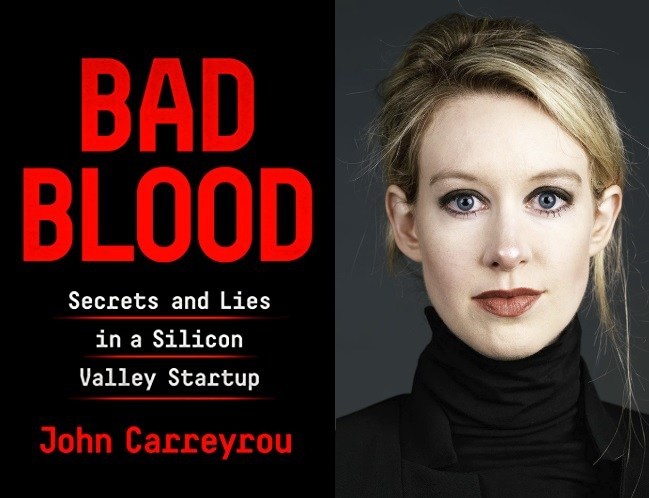
E.B. White on Dogs
 Rating: 3.0 / 5.0
Audio Rating: 5.0 / 5.0
Rating: 3.0 / 5.0
Audio Rating: 5.0 / 5.0
Around the City, Google’s LinkNYC kiosks stand as monolithic sentries along our major thoroughfares. They’re a place for free phone calls, wifi, and a cell phone battery top-up. They also have cameras installed and are, no doubt, mining our traffic patterns and more direct use of the kiosks for advertising insights. No such thing as a free lunch.
When idle, the machines have taken, lately, to posting pithy quotes about the city, its inhabitants and both of their incomprehensible customs. A recent winner by E.B. White from his magnum opus urbis urborum “Here is New York:”
New Yorkers temperamentally do not crave comfort and convenience — if they did they would live elsewhere.
I could think of no finer way to honor White than to check out this book from the library system of this city. To my chagrin, and proving White’s maxim, there were no copies available.
However, while browsing, I found this collection of his work on dogs. Being a dog owner myself in the selfsame city, I checked it out.
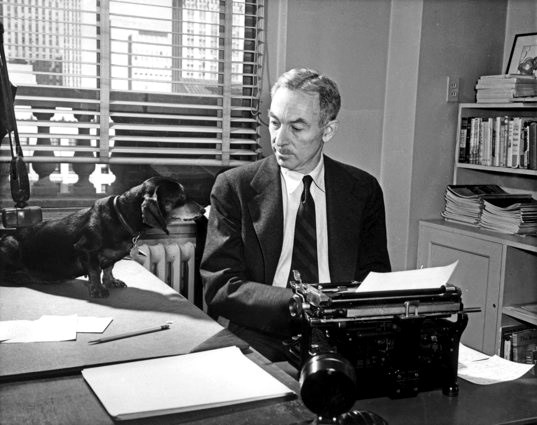
Deep Work
 Rating: 2.5 / 5.0
Rating: 2.5 / 5.0
Cal Newport’s years of experience as a blogger shine through in this wonderfully cogent, clear, minimalist and well-structured blog post that lies at the heart of the book. It’s a powerful argument against the perma-connected, perma-distracted state of the world. Needlessly fattened by (occasionally breathless Tom Friedman-esque) name-dropping and anecdotes that suggest a minimal page count required by the book contract, it left me with the thought “Shoulda been a blog post.” To this I add, now, “Woulda been unforgettable as a blog post or pamphlet.”
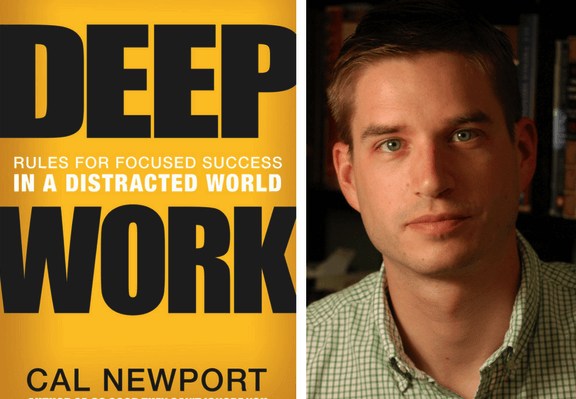
The Southern Reach Trilogy
 Rating: 4.0 / 5.0
Rating: 4.0 / 5.0
On my flight back from getting married I read Jeff VanderMeer’s Annihilation. As many will attest, it’s hard to stop reading the Southern Reach trilogy, of which Annihilation is the opener, once you’ve started. One dynamic that really interested me was how VanderMeer’s writing can be conceived of as a post-DNA-theory, “bio-philic” Lovecraftian horror.
Describing Lovecraftian Horror
“Lovecraftian” summons many images. In order to rightfully merit that appellation I propose these criteria:
The Horror Must Be Big
The Elder Gods of Lovecraft’s mythos are gargantuan figures.
Johansen and his men were awed by the cosmic majesty of this dripping Babylon of elder daemons, and must have guessed without guidance that it was nothing of this or of any sane planet. Awe at the unbelievable size of the greenish stone blocks, at the dizzying height of the great carven monolith, and at the stupefying identity of the colossal statues and bas-reliefs with the queer image found in the shrine.
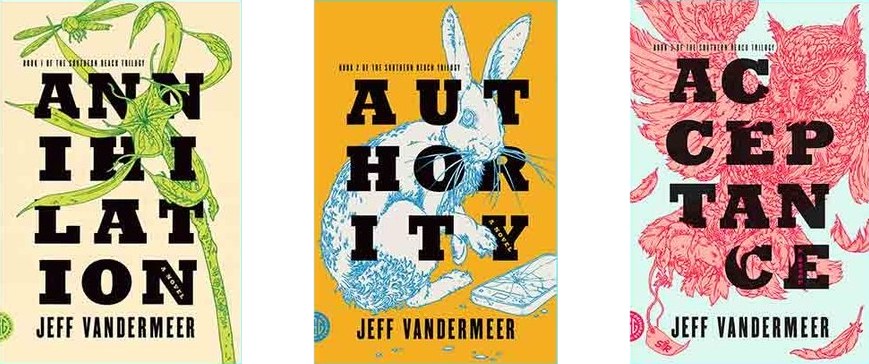
1Q84

 Rating: 3.0 / 5.0
Rating: 3.0 / 5.0
Introduction
After finishing Infinite Jest earlier this year, Lauren decided I needed another big, complex, labyrinthine book to explore. She gifted me Murakami’s 1Q84. Prior to reading 1Q84, I had only heard snatches of Kafka on the Shore, so I walked in with few prejudices but was prepared for some Murakami signature tropes: magical realism, supernatural sex, and cats.
Style / Structure
Normally I don’t like magical realism. I find it a bit frustrating when suddenly someone turns into a balloon or gains the power of flight. Whenever I encountered it in the context of the South American magical realists e.g. Allende, Marquez I tended to roll my eyes a lot more. But maybe in my old age I’m softening on that trope: I now find the magical realism of “Random Acts of Flyness” innovative and symbolic.
Lincoln in the Bardo
 Rating: 4.5 / 5.0
Audio Rating: 5.0 / 5.0
Rating: 4.5 / 5.0
Audio Rating: 5.0 / 5.0
What a joyful surprise: both in terms of presentation of the material as well as the story that was shared. A tender, poignant, and occasionally phantasmagorical surprise about a figure that perennially fascinates Americans: Abraham Lincoln.
How did a seemingly simple (but documented as ambitious) man from rural Illinois / Kentucky resolve to undertake the bloodiest slaughter in American history? How did he square all that death as he lay his head down at night. How did he balance that with the unthinkable weight of office and perch atop those swaying scales the question of the fundamental right of a human to determine their own destiny?
